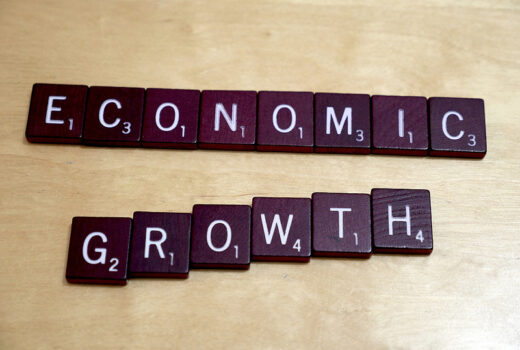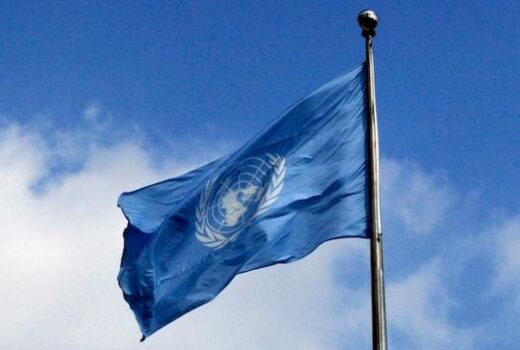Topic: Environment
Sharing as the new common sense in a post-growth world
Article / 29th August 2014We need to talk a lot more about sharing as a way to radically reframe the post-growth debate, argues a recent report from the Green House. If growthism is the substitute for a more just and equal society, then it's time that we all start saying so - and embrace a new common sense for sharing.
It’s time for a post-Piketty vision of shared wealth
Article / 27th August 2014The latest bestseller in economics has done a great deal of service to progressives in highlighting the imperative of shared wealth. But given the social and ecological limits to economic growth, this emerging conversation on global sharing has to get a lot more radical.
Discurso sobre los ismos y el principio del compartir
Article / 12th August 2014¿Cómo podemos generar conciencia de que el compartir es la solución a una crisis planetaria, y la última esperanza que nos queda para rehabilitar un mundo dividido? Es central a esta pregunta el problema de los “ismos”, en los cuales nuestra complacencia se ha intelectualizado a fin de justificar su existencia como normal.
Comercialización: la antítesis del compartir
Article / 24th July 2014“Compartir es la clave para resolver los problemas del mundo”. Tal declaración es tan simple que puede fracasar en hacer un llamamiento, por lo que si queremos comprender lo que significa debemos ir mucho más profundo en esta materia.
Global economic sharing: the most important debate of our time?
Article / 24th June 2014The implications of moving towards a global sharing economy are immense, but there are many reasons to embrace this simple concept - which is far more radical and urgent than it may at first seem. As a primer from STWR makes clear, the necessity of sharing the world’s resources is central to the most critical issues that humanity faces in the 21st century.
A primer on global economic sharing
Report / 17th June 2014In an increasingly unequal and unsustainable world, governments must urgently move beyond the restrictive political and economic ideologies of the past and embrace solutions that meet the common needs of people in all countries. This primer outlines the extent of the interconnected global crises we face, and points the way towards an alternative approach to managing the world’s resources based upon international cooperation and economic sharing.
Komercializacija: antiteza medsebojne delitve
Article / 6th June 2014Nevarnost ni komercializacija kot taka, temveč je nevarno naše stalno istovetenje z njeno notranjo in zunanjo manifestacijo, ki človeško inteligenco odvrača od narave in duhovne evolucije. Kaj je torej zlo drugega kot naše istovetenje z njim?
Global justice, sustainability and the sharing economy
Article / 3rd June 2014If the sharing economy movement is to play a role in shifting society away from the dominant economic paradigm, it will have to get political. And this means guarding against the co-optation of sharing by the corporate sector, while joining forces with a much larger body of activists that have long been calling - either explicitly or implicitly - for more transformative and fundamental forms of economic sharing across the world.
A collection of resources on the sharing economy
Article / 30th May 2014STWR has published various resources over recent months and years that outline how authentic forms of sharing relate to the political and economic challenges of the 21st century. Many of these blogs, articles or reports relate directly to the sharing economy, a selection of which are collated here according to four broad subheadings.
Putting the ‘sharing’ back in to the sharing economy
Article / 24th April 2014A vibrant debate is beginning to question the meaning of sharing in relation to the big questions of our time. In a recent article printed in STIR magazine, STWR argues that this emerging economic concept should not be beholden to solely personal, consumer-oriented or commercialised forms of collaboration, and must ultimately be reflected in government policies on the national and international level.









